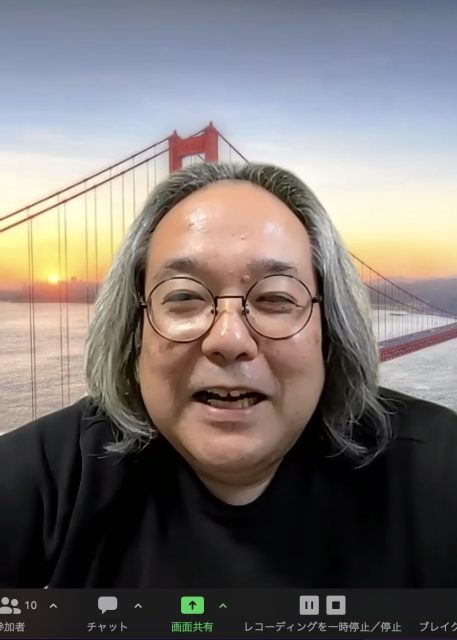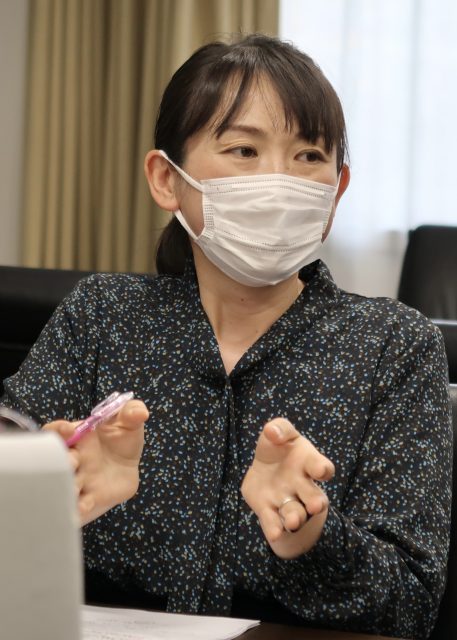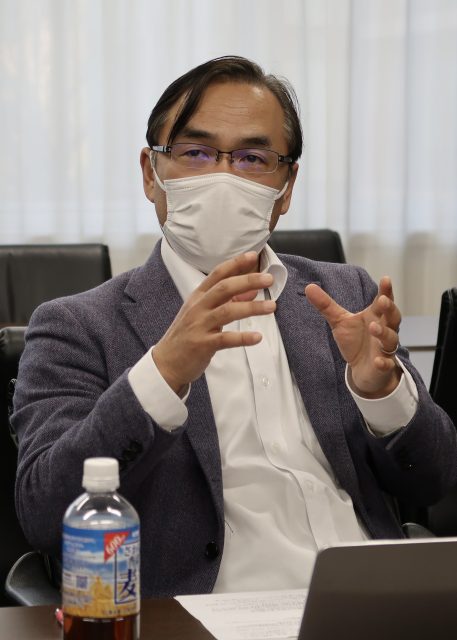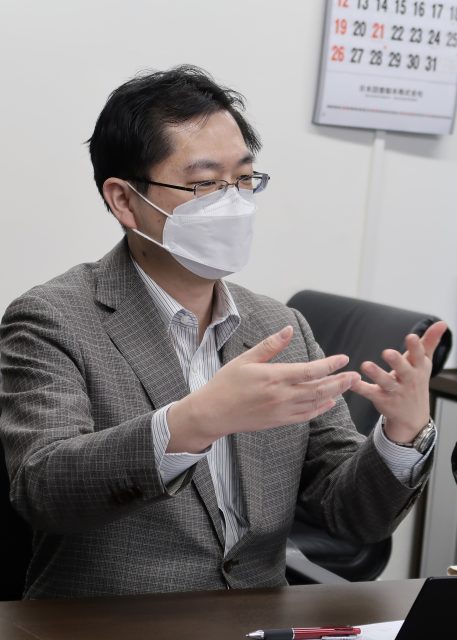The Ushioda Initiative of Arts held its ninth research meeting on March 30, 2023, in which TANAKA Yuki (Institute for Advanced Studies on Asia, The University of Tokyo) presented “Confucius and Time (Shí, 时): The village (Xiāngdăng, 乡党) as the First Step in Being a Person.” Following the previous research meeting, which discussed the relationship between self-interest and altruism under the theme of “human co-becoming,” Tanaka reexamined the possibility of relationships between oneself and others through Confucius’ activities in his village (xiāngdăng).
The impression that Confucius traveled widely has been deeply rooted in our minds, but as Tanaka points out, most of his life was spent in a village. Unlike other chapters in the Analects, the exploration of the village in Chapter 10 took shape after the rise of textual criticism in the Qing Dynasty. Based on this research background, Tanaka draws attention to the first lines, which read, “Confucius, in his village, looked simple and sincere, and as if he were not able to speak. When he was in the prince’s ancestorial temple, or in the court, he spoke minutely on every point, but cautiously (Kǒngzǐ yú xiāngdǎng, xúnxún rú yě, shì bùnéng yán zhě. Qí zài zōngmiào cháotíng, piánpián yán, wéi jǐn ěr, 孔子于乡党,恂恂如也,似不能言者。其在宗庙朝廷,便便言,唯谨尔).” It is generally believed that the way of the sage is reflected in his daily life, so we must pay attention to the differences between Confucius’ kind and respectful demeanor in the village and his cautious behavior and words in the imperial court.
TANAKA first pointed out that the essence of “Rén (仁)” and “Lǐ (礼)” in the core of Confucius’ thought—which is different from the metaphysical source of Western philosophy—should be understood from the perspective of emotional interaction between people, or as forms of emotion in and of themselves. Subsequently, Tanaka analyzed changes in the appearance of Confucius in different occasions through various materials, such as “When the villagers were drinking together, on those who carried staves going out, he went out immediately after (Xiāngrén yǐnjiǔ, zhàng zhě chū, sī chū yǐ,
乡人饮酒,杖者出,斯出矣),” or “When eating, he did not converse. When in bed, he did not speak (Shí bù yǔ, qǐn bù yán, 食不语,寝不言).” She argues that Confucius’ emotional connection with others included his comportment when at home. He adapted his behavior and demeanor appropriately at different times and occasions. Tanaka proposed the concept of “timeliness” as a means of understanding this.

The importance of timeliness to Confucius is demonstrated elsewhere in the Analects. For example, there have been many explanations for the following lines in Chapter 10: “Startled, it flew away, and after circling around by and by it settled. The Master said, “The hen pheasant on the hill bridge—How timely! How timely!” (Sè sī jǔ yǐ, xiáng érhòu jí. Yuē:‘Shānliáng cí zhì, shí zāi shí zāi!’ 色斯举矣,翔而后集。曰:‘山梁雌雉,时哉时哉!’).” Tanaka argues that this excerpt illustrates that one of Confucius’ key criteria of judgment is whether something is timely or not. This is an important issue in traditional Chinese philosophical thought, and meeting participants had a lively discussion on this subject following the lecture.
Translated from the Report in Chinese by DING Yi.
The translation of the Analects is from James Legge, The Chinese Classics: Life and Teachings of Confucius (Trübner & Company, 1869).











